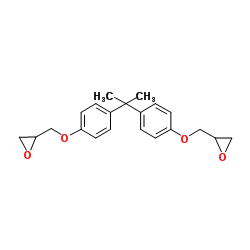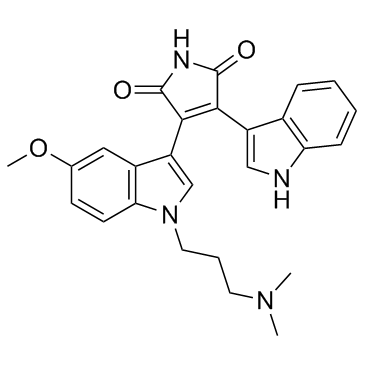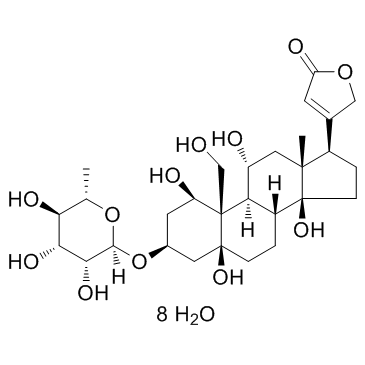| Structure | Name/CAS No. | Articles |
|---|---|---|
 |
bisphenol A diglycidyl ether
CAS:1675-54-3 |
|
 |
Go 6983
CAS:133053-19-7 |
|
 |
Ouabain Octahydrate
CAS:11018-89-6 |